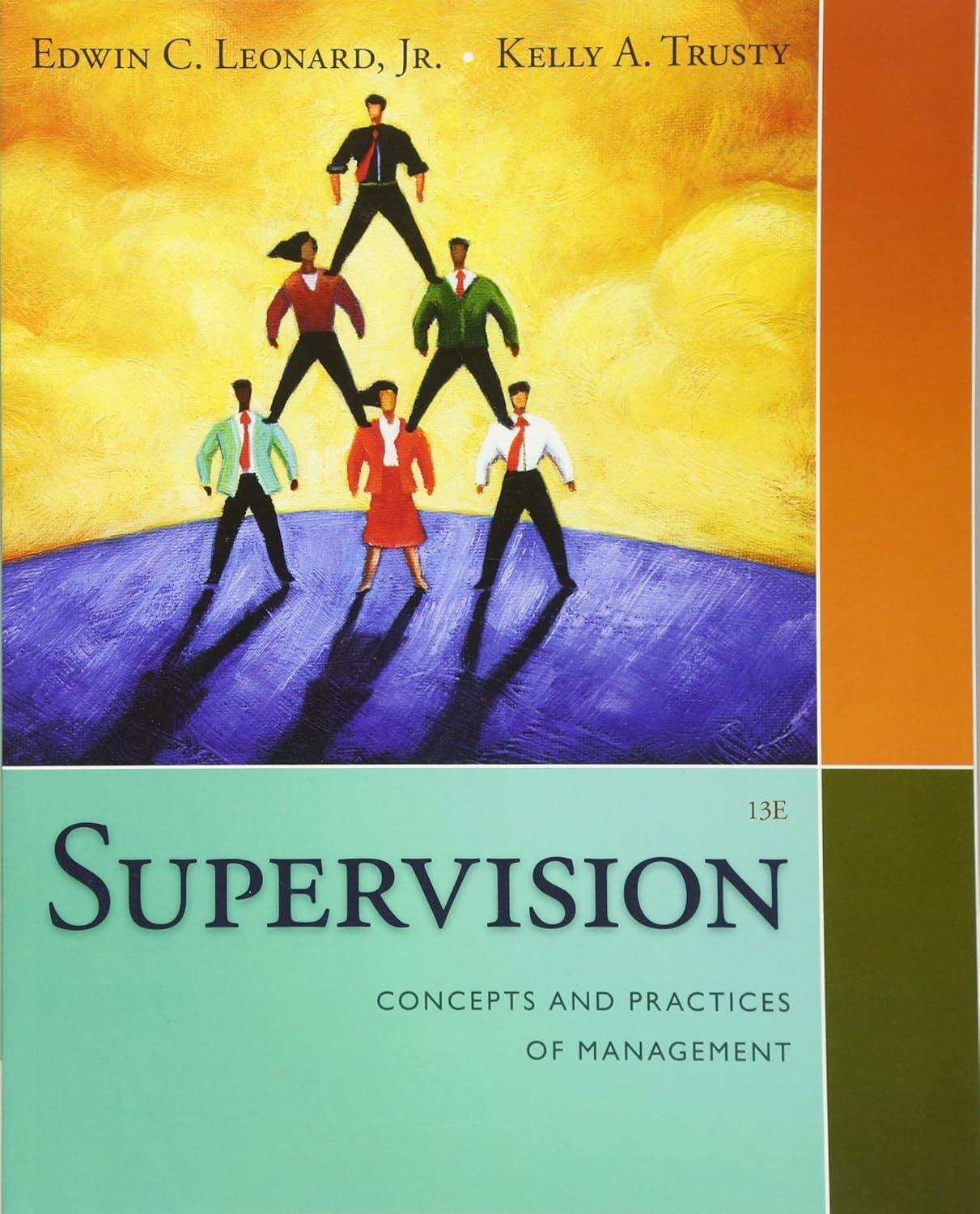Human differences and organizational conditions can create obstacles, called noise, which distort messages between people. TMI is
Question:
Human differences and organizational conditions can create obstacles, called noise, which distort messages between people. TMI is just as bad as too little information. Information overload has become a major problem in today’s society. Web sites and social networks contain lots of information, but not all of it is factual.
Not every employee has English as his or her primary language. Most supervisors are not fluent in a language other than English. And some of us have dialects that are confusing to others. Also, the use of jargon that receivers do not understand can impede communication. Because words have different meanings, the sender must ensure the receiver understands the intended meaning.
People at different status or position levels in an organization bring different points of view to interactions, which can distort meaning. People may filter out unpleasant information when communicating with their managers. Also, people’s natural resistance to change can cause them to avoid hearing messages that upset the status quo or conflict with their beliefs.
Individuals perceive the world from the context of their backgrounds and prejudices. Perceptual barriers between sender and receiver, such as biases and stereotyping, can impede communication, as can conversation-killing phrases and poor timing.
The receiver’s inability to properly analyze the content of a message causes misunderstanding.
Misunderstanding may lead to suspicion and a lack of trust. Both sender and receiver share responsibility to ensure that information is successfully transferred. P-6587
Step by Step Answer:

Supervision Concepts And Practices Of Management
ISBN: 378854
13th Edition
Authors: Edwin C. Leonard, Kelly A. Trusty





